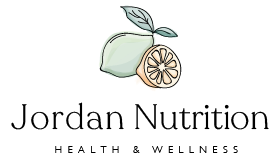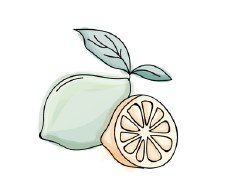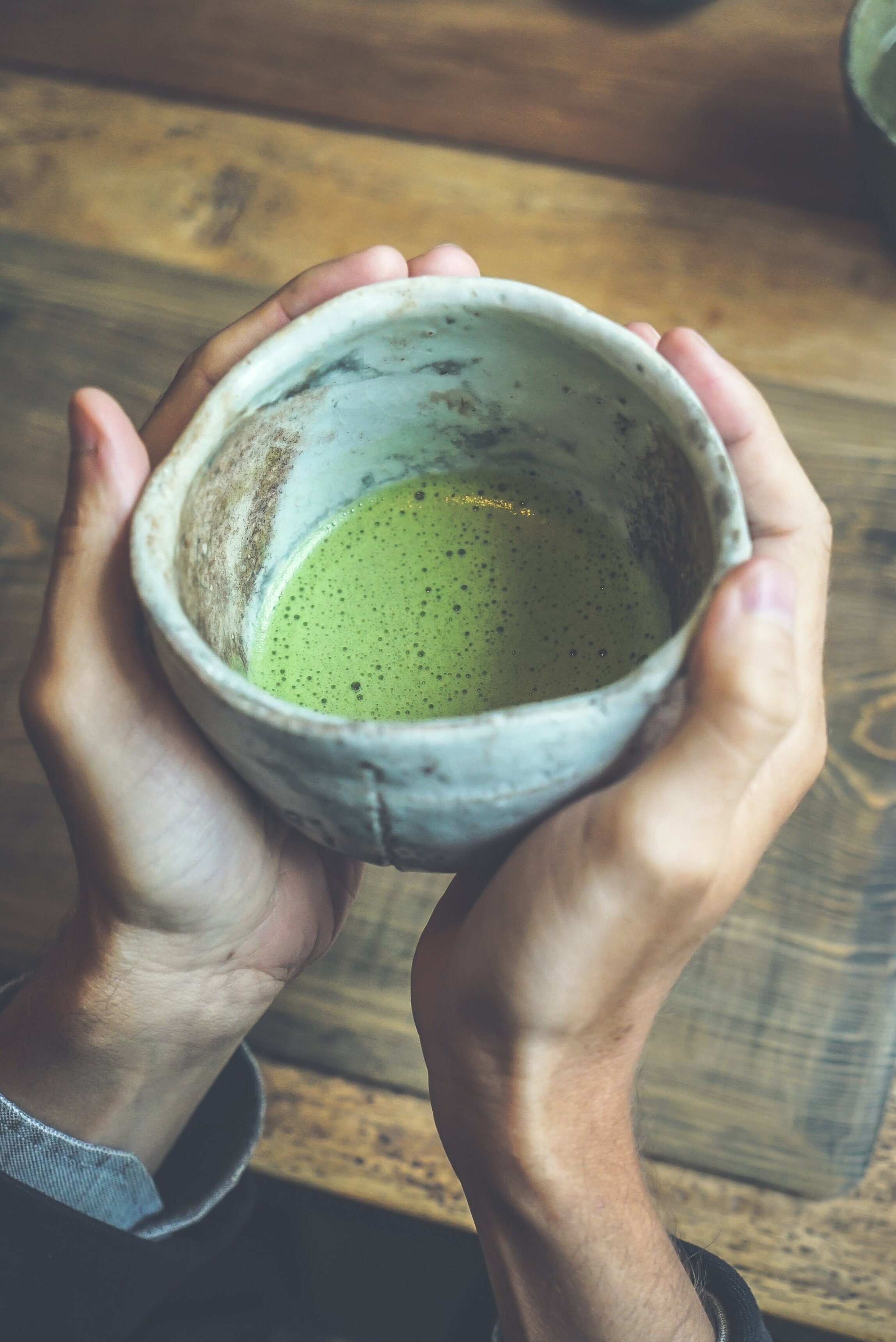Matcha: Superfood or Health Fad?
Are you looking for a healthier alternative to tea and coffee? You may have found it.
Once reserved for ancient tea ceremonies in Japan, matcha has now hit the mainstream. But does this green powder provide real health benefits? I decided to look into it.
Produced using whole, green tea leaves, matcha is traditionally used in a powdered form. Hot water and milk is added and then whisked to form a light foam. Nowadays you can find a variety of matcha-based products from ice cream to desserts and even chocolate. The tea has gained widespread popularity in recent times because of its unique flavor and reputed health benefits. According to a published report by Health Navigator, sales of matcha have exploded across the US surging by nearly 55% in 2014 with projections to accelerate worldwide in the coming years. But what are the reputed health claims of matcha and what does the research say?
Let’s start with what’s in matcha…
L-Theanine
L- theanine is an amino acid found in plants of the Theaceae family. Also present in black and oolong tea, the amino acid is especially high in matcha. Research suggests this compound could help ease anxiety and sleep disturbance. While the body does not naturally produce this amino acid, it is also not essential.
One trial found that participants with anxiety disorder who took L-theanine (450–900mg per day) over a period of 10 weeks had better sleep quality compared to placebos. L-theanine's calming action comes from its ability to mimic certain neurotransmitters, such a dopamine. This chemical relaxes our nervous system and widens blood vessels.
Caffeine
Matcha contains a higher caffeine content compared to other bagged teas. That said, a standard cup, containing 1 tsp/2g of powder, provides approximately half the amount of caffeine as a cup of black coffee - around 70mg. The research on caffeine and it’s health benefits is conflicting. Moderate amounts (2-4 cups of coffee a day) was shown to have positive effects in a review of 40 studies, however causality is questionable.
Caffeine is a stimulant that acts on the central nervous system, increasing your heart rate and making you feel more awake. Drinking excessive amounts is associated with nervousness, jitters and anxiety. The L-theanine in matcha works to counteract the negative side effects of caffeine, slowing down absorption and providing a more gradual stimulating effect. Research also suggests matcha may aid attention, mental clarity, and cognitive function due to the interaction between L-theanine and caffeine. Everyone reacts differently to caffeine. Emerging research is now revealing that the effect caffeine has on our bodies could be largely determined by our genetics.
Antioxidants
Long term consumption of tea has been associated with low incidences of chronic diseases such as cancer and cardiovascular disease . The protective attributes are related to bioactive substances, specifically flavanols, catechins and theaflavins. Matcha contains high levels of these antioxidant substances.
Other benefits..
Weight Loss
While more human-based studies are needed, one study published in the International Journal of Sports Nutrition & Exercise Metabolism indicated that consumption of epigallocatechin gallate, a substance in matcha, can promote fat breakdown after exercise. The mechanism is thought to be connected to carbohydrate metabolism and our gut microbiota. When undigested carbohydrates from fibrous foods combine with compounds in matcha, our gut bacteria produce short chain fatty acids (SCFA). SCFA are a fuel source for the cells lining our colon and promote a healthy gut community. The composition of bacteria in our gut has an impact on nutrient absorption and energy regulation, thereby influencing the development of obesity.
Choose Quality over Quantity
When it comes to matcha – quality matters. Some companies sell low quality powder online. In some cases, batches are uncertified, untested and the powder can contain substances that are damaging to health. Make sure you select powders that are high quality, 100% matcha and don’t contain additives, such as maltodextrin. One way to verify quality is to check the powders country of origin. Japan produces some of the highest quality powders – premium blends are grown in Nishio and Kyoto. A good quality matcha will be bright green, have a sweet, earthy taste, and a fine, smooth texture.
Want to give matcha a try? Brands I like:
Encha Matcha , Matcha Moon Pure Zen , Jade Leaf , Enzo premium organic matcha
Verdict:
Matcha is a healthy alternative to tea or coffee. Buy high quality, organic powder and drink it in moderation, 2-4 cups per day, to avoid any side effects from caffeine.
Hot Matcha Latte Recipe (8 oz cup)
- Sift 1 tsp matcha through a fine sifter into a small bowl
- Add 2 oz hot water (not boiling) and a dash of honey
- Whisk the water with a bamboo whisk or a small metal whisk until completely dissolved - a froth and green paste should form, this takes a minute or so. If you like your latte extra frothy, keep whisking!
- Add 4-6 ounces of milk (I like soy or coconut milk best but any will do)
- Bring to a simmer on a stovetop for 2 mins, or heat in a mug in the microwave*.
Enjoy immediately.
*Optional extras: 1 tsp coconut butter


